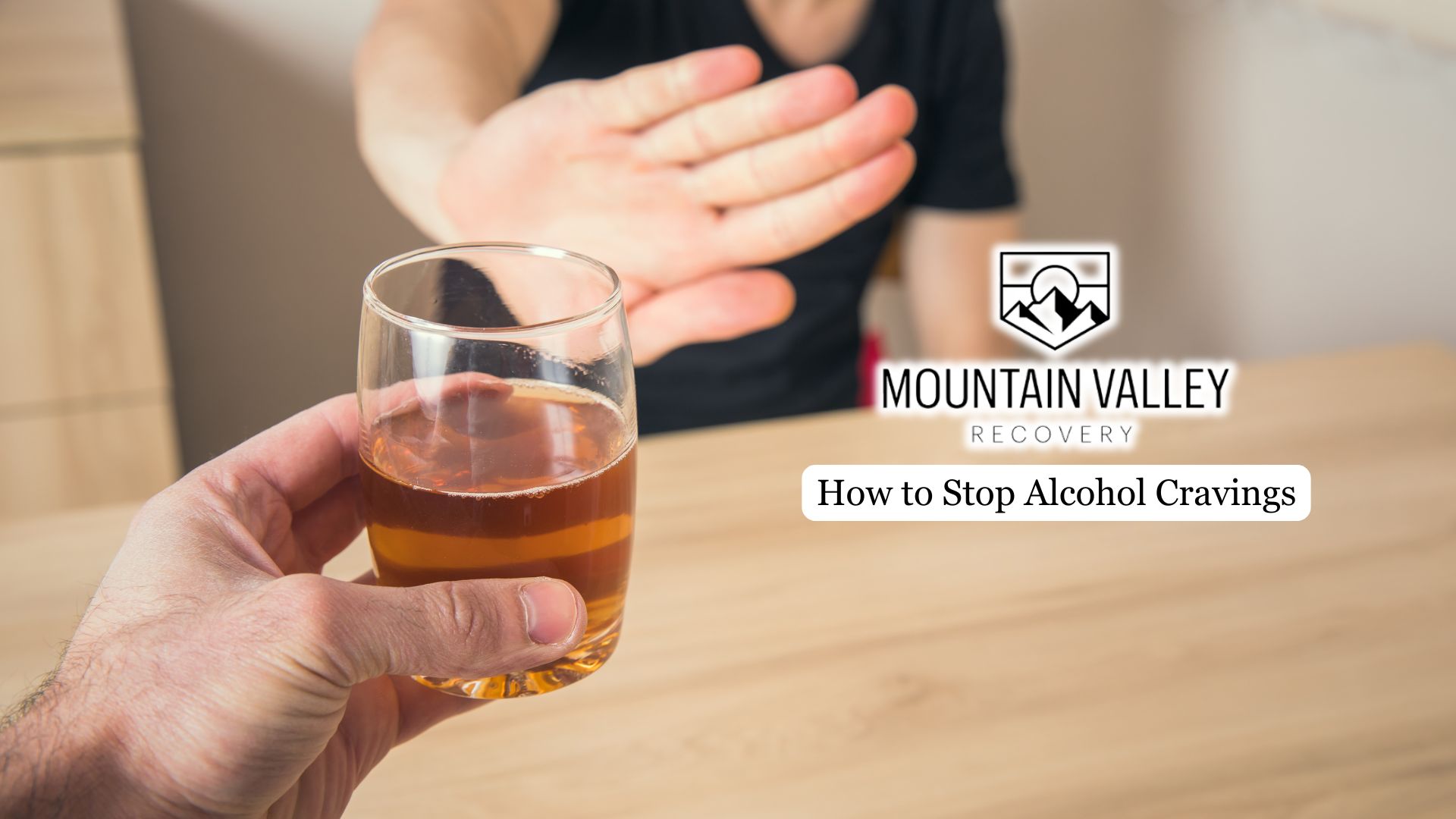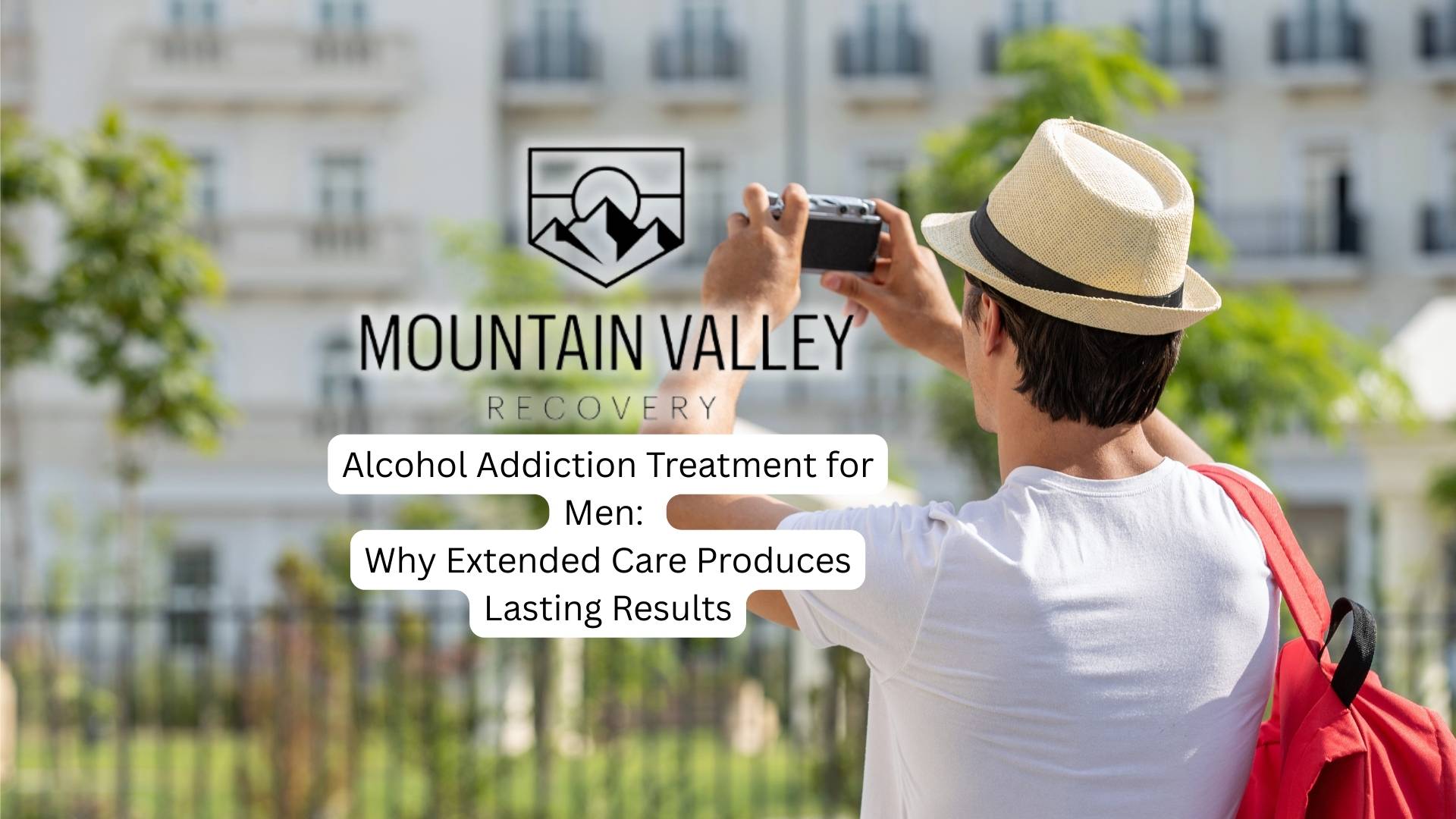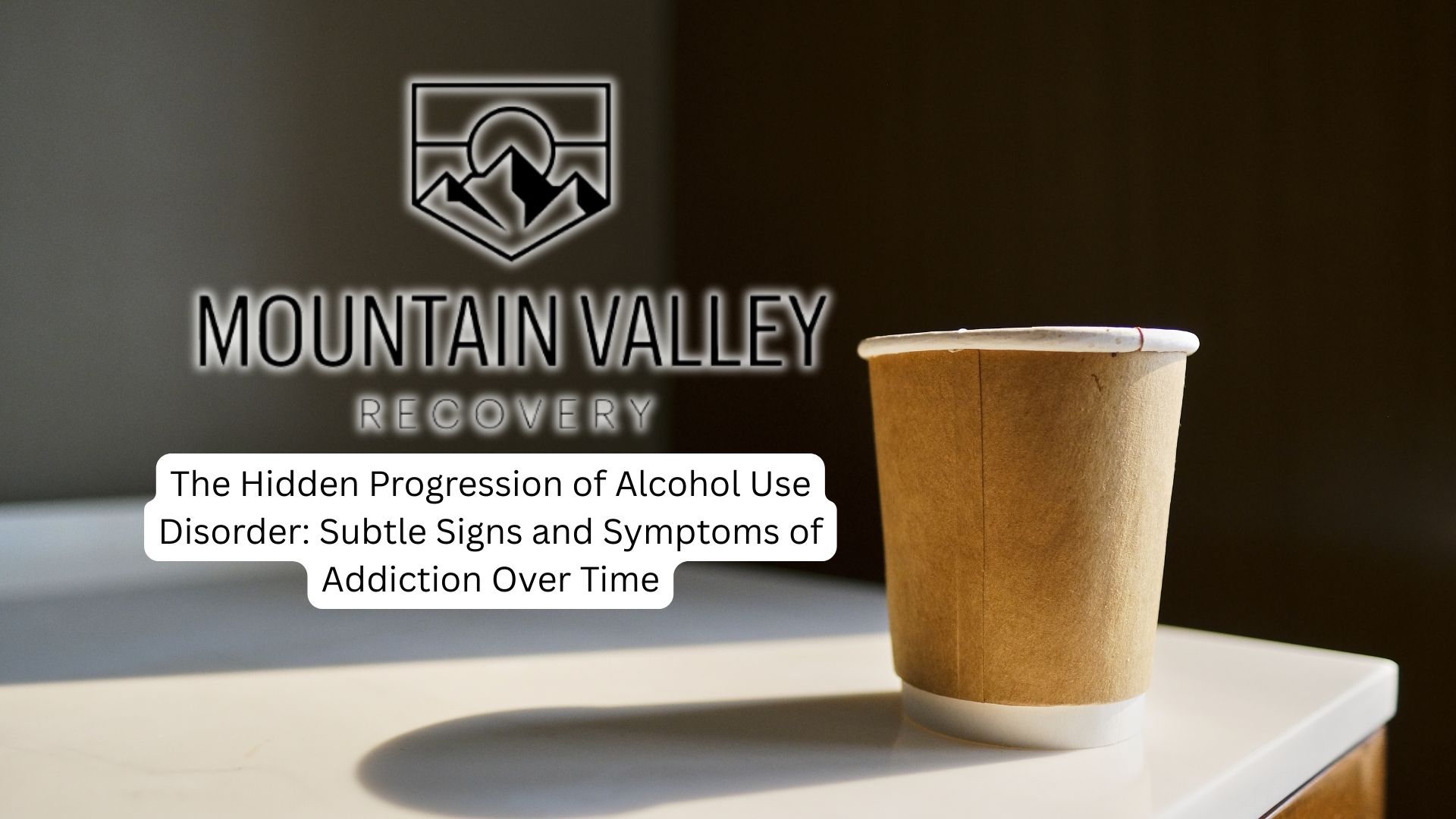For individuals struggling with alcohol cravings, it’s crucial to understand that these urges are a normal aspect of the recovery journey and not an indication of personal weakness. By employing effective strategies and seeking appropriate support, it is possible to manage these cravings and foster a healthier relationship with alcohol.
This article will showcase practical methods for identifying, coping with, and ultimately reducing alcohol cravings, equipping readers with useful tools to regain control over their drinking habits and enhance their overall well-being.
Understanding Alcohol Cravings
Alcohol cravings are intense urges to drink that can arise due to psychological and physical factors. They often occur during the early stages of recovery and can potentially last for years.
Cravings can be triggered by internal factors, such as stress and emotional discomfort, and external factors, like social situations and environments associated with past drinking. Typically lasting between 5 to 15 minutes, cravings manifest as emotional desires for relief or physical symptoms like tension and increased heart rate.
Recognizing and tracking your cravings through journaling can help you identify specific triggers and emotional states that lead to these urges, aiding in managing alcohol cravings effectively.
Ending the cycle of alcohol cravings can be harder for men, as they’re cultured to hide their struggles, however professional care like the one provided in men’s alcohol rehab programs can be life changing.
Effective Strategies to Curb Alcohol Cravings
Identifying and avoiding triggers is crucial to reduce the intensity of cravings and promote healthier coping mechanisms.
Engaging in regular physical activity releases dopamine, positively affecting mood and reducing stress levels. Maintain a balanced diet rich in vitamin B6, omega-3 fatty acids, and antioxidants to support brain health and minimize cravings.
Practice mindfulness techniques like deep breathing or meditation to accept cravings as temporary experiences without acting on them. Utilize support networks, including friends, family, or support groups, for accountability and encouragement.

Foods That Help Reduce Alcohol Cravings
Vitamin B6-rich foods like bananas and chickpeas support neurotransmitter production, while omega-3 fatty acids in fatty fish, flaxseeds, and walnuts contribute to brain health and may help alleviate cravings.
Dark chocolate, high in magnesium and antioxidants, can satisfy sweet cravings and potentially reduce alcohol cravings.
Lean proteins, such as chicken, turkey, and legumes, stabilize blood sugar levels and keep you feeling full.
Fruits and vegetables provide essential vitamins and fiber, helping maintain stable blood sugar levels and supporting overall mental health.
Medications for Managing Alcohol Cravings
The FDA has approved several medications that target alcohol cravings in different ways.
Naltrexone, available as a daily pill or monthly injection, reduces cravings and the pleasurable effects of alcohol. Acamprosate helps maintain abstinence and alleviates withdrawal symptoms, while disulfiram deters drinking by causing unpleasant side effects when alcohol is consumed.
Anticonvulsants like topiramate provide an alternative approach to managing urges. Combining these medications with behavioral therapies can enhance the effectiveness of craving management in your recovery journey.
It’s essential to work closely with your healthcare provider to determine the most suitable medication options for your specific needs and to monitor your progress.
Building a Support Network to Overcome Alcohol Cravings
Surround yourself with friends, family, and peers who understand your challenges and can provide emotional support and accountability.
Engage with local support groups or online forums to share experiences and coping strategies, fostering a sense of community. Regular check-ins with supportive individuals can help track your progress and reinforce your commitment to sobriety.
Consider seeking professional help, such as counseling or therapy, to enhance the effectiveness of your support network. They can provide tailored strategies for managing cravings and addressing underlying issues related to alcohol use.
Educational workshops and resources offered by addiction support organizations can further empower you with knowledge and tools.
Final Thoughts from Mountain Valley Recovery
At Mountain Valley Recovery in Utah, we recognize the distinct obstacles men encounter when striving to overcome alcohol addiction. Our personalized program integrates evidence-based therapies with a supportive, male-centric environment crafted to empower you to regain control of your life. If you’re prepared to break the chains of alcohol cravings and lay the groundwork for enduring sobriety, we’re here to support you at every turn.





